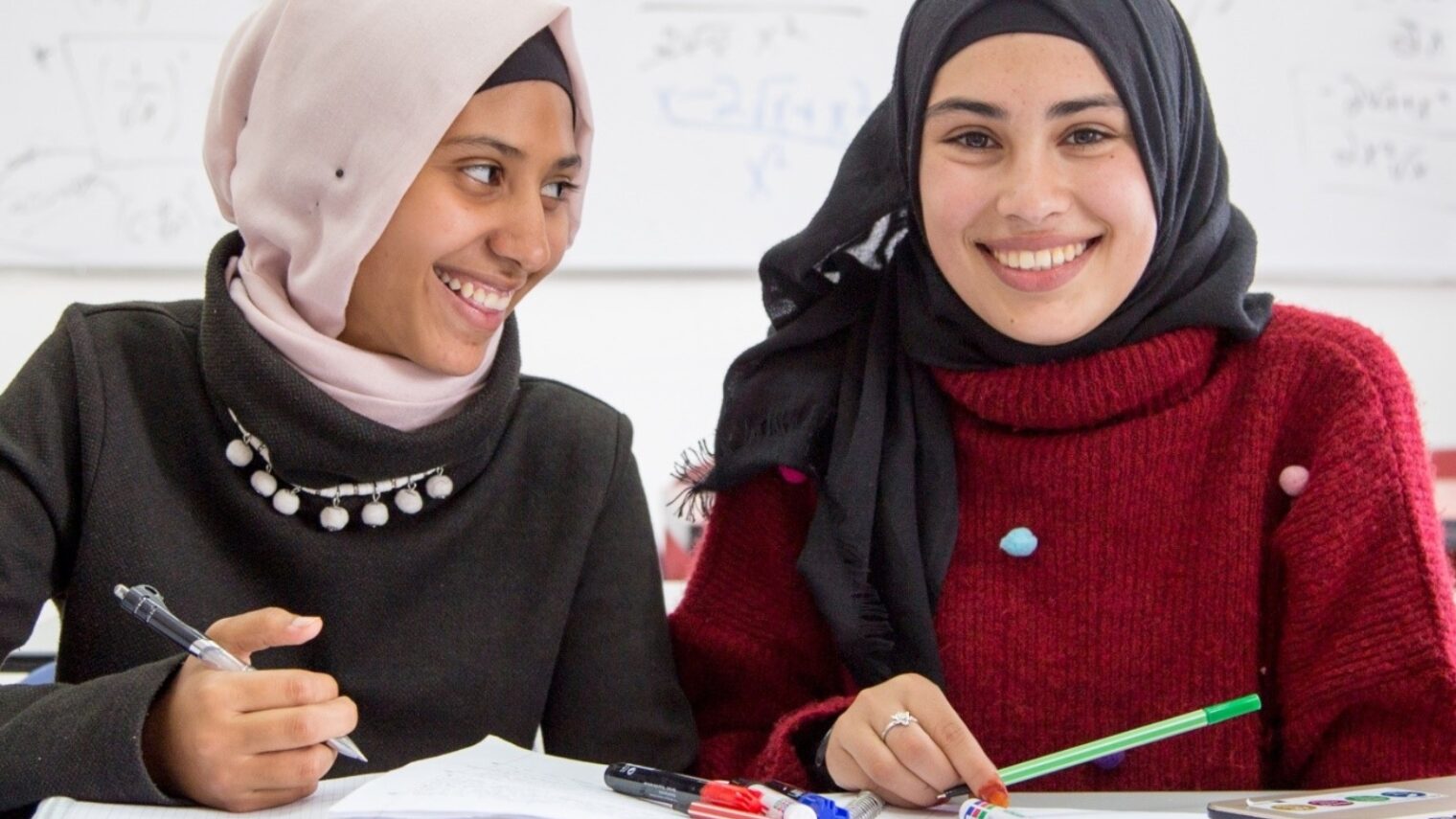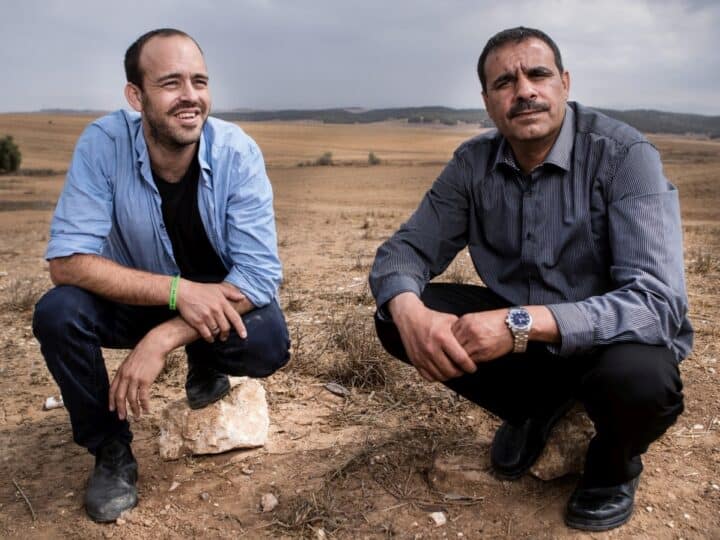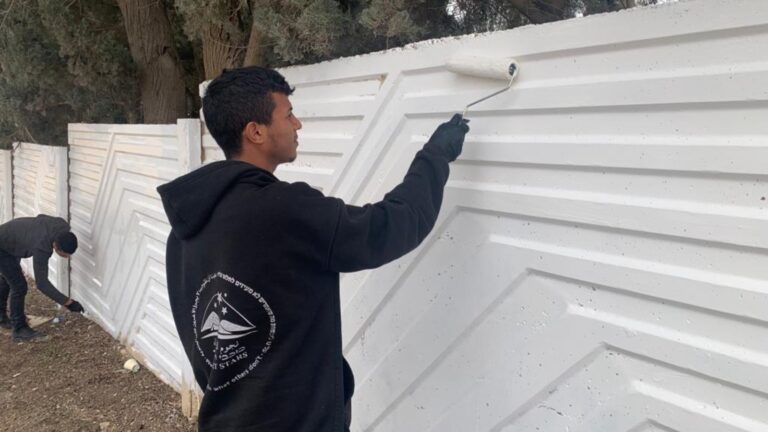About nine years ago, Matan Yaffe was ambushed by four young Bedouins while motorbiking in the Negev desert.
Yaffe tried to reason with the would-be thieves. But when they pulled out a metal bar, Yaffe pulled out his gun. The gang fled, leaving the 25-year-old former IDF officer physically unharmed but furious and frustrated.
“I knew nothing about the Bedouin apart from the stereotype that they are criminals and drug smugglers,” Yaffe tells ISRAEL21c.
Approximately 250,000 Arab Bedouins live in nine Bedouin municipalities and dozens of herding and farming villages scattered throughout the Negev. Tribal rivalries limit interaction and cooperation between them. The birthrate is high; 63% of Negev Bedouins are under age 17, the high-school dropout rate is 29% and only 8.7% have a university or college degree.
After marrying and moving to the Negev, Yaffe saw that Jewish communities were “building fortresses rather than villages, surrounded with barbed wire and patrols to protect ourselves from the Bedouin — Israeli citizens just like us. That seemed stupid. And it does not help anyway.”
Yaffe realized that the Jewish and Bedouin residents of the Negev “are doomed to live together in one shared space with one shared future. The future of my kids very much depends on the future of the Bedouin kids who live next to me. Something big needed to be done to move the needle.”
Two years after his frightening encounter, Yaffe took out a NIS 31,000 loan and founded Desert Stars, a not-for-profit organization developing a cross-tribal network of young Bedouin leaders in the Negev.
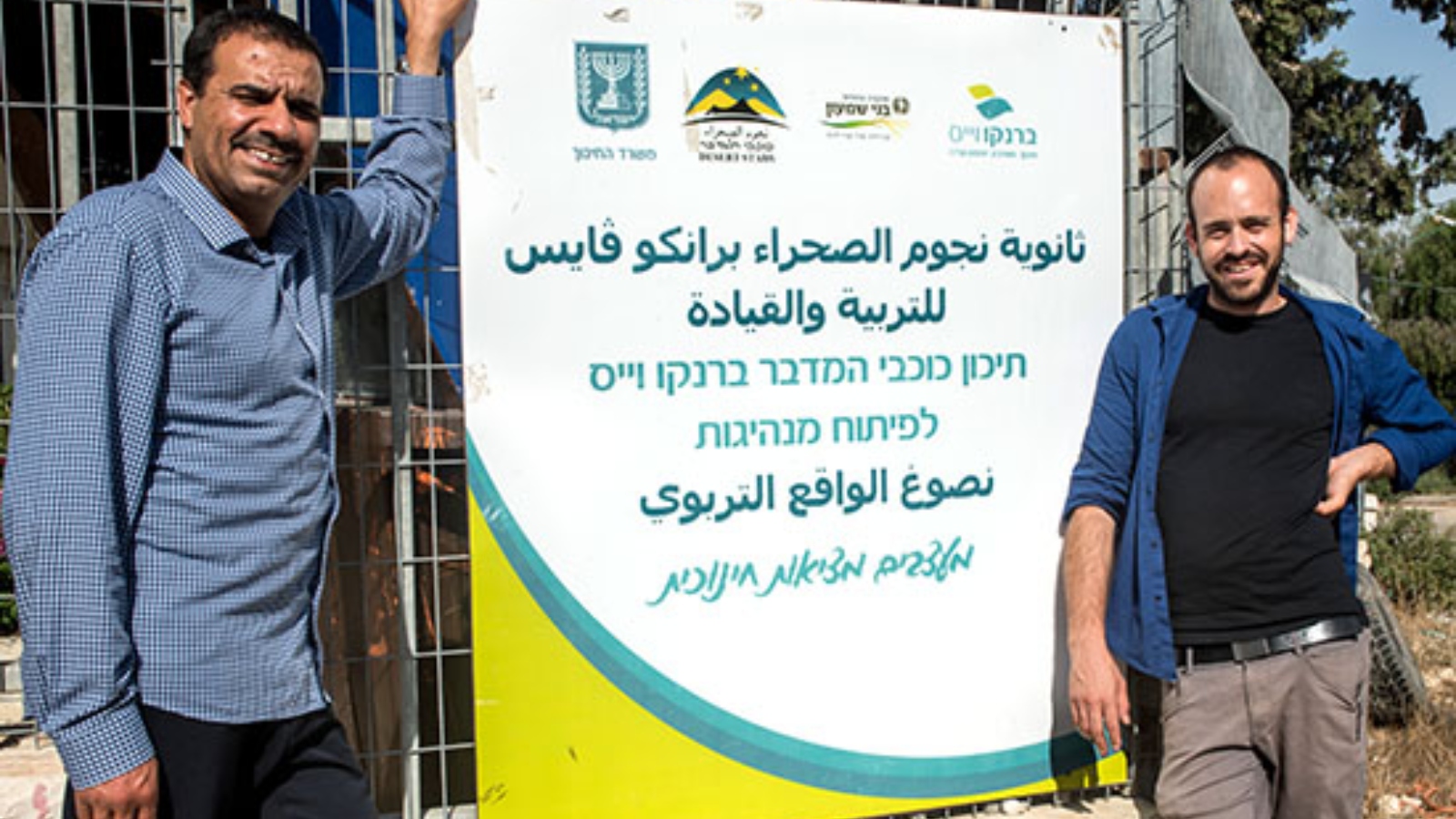
Yaffe’s vision initially was dismissed by Jews and Bedouins he approached. Finally, he met a willing partner in the former mayor of the Bedouin town of Hura, Muhammad al-Nabari, who has a doctorate in chemistry.
With Yaffe as CEO and al-Nabari as chairman, Desert Stars has grown to employ about 80 people (65 percent Bedouin, 35% Jewish). They run four programs with an annual budget of $6.5 million, 40% of which is covered by the Israeli government.
“In our first three years, the biggest challenge was gaining the trust of the community and of the government,” says Yaffe.
“Our founding board had a majority of Bedouins and that is the status quo, so it’s a culturally authentic organization. It’s not outsiders saying they have a solution. We brought in outside knowledge and the ability to frame things differently. But we all have to work together.”
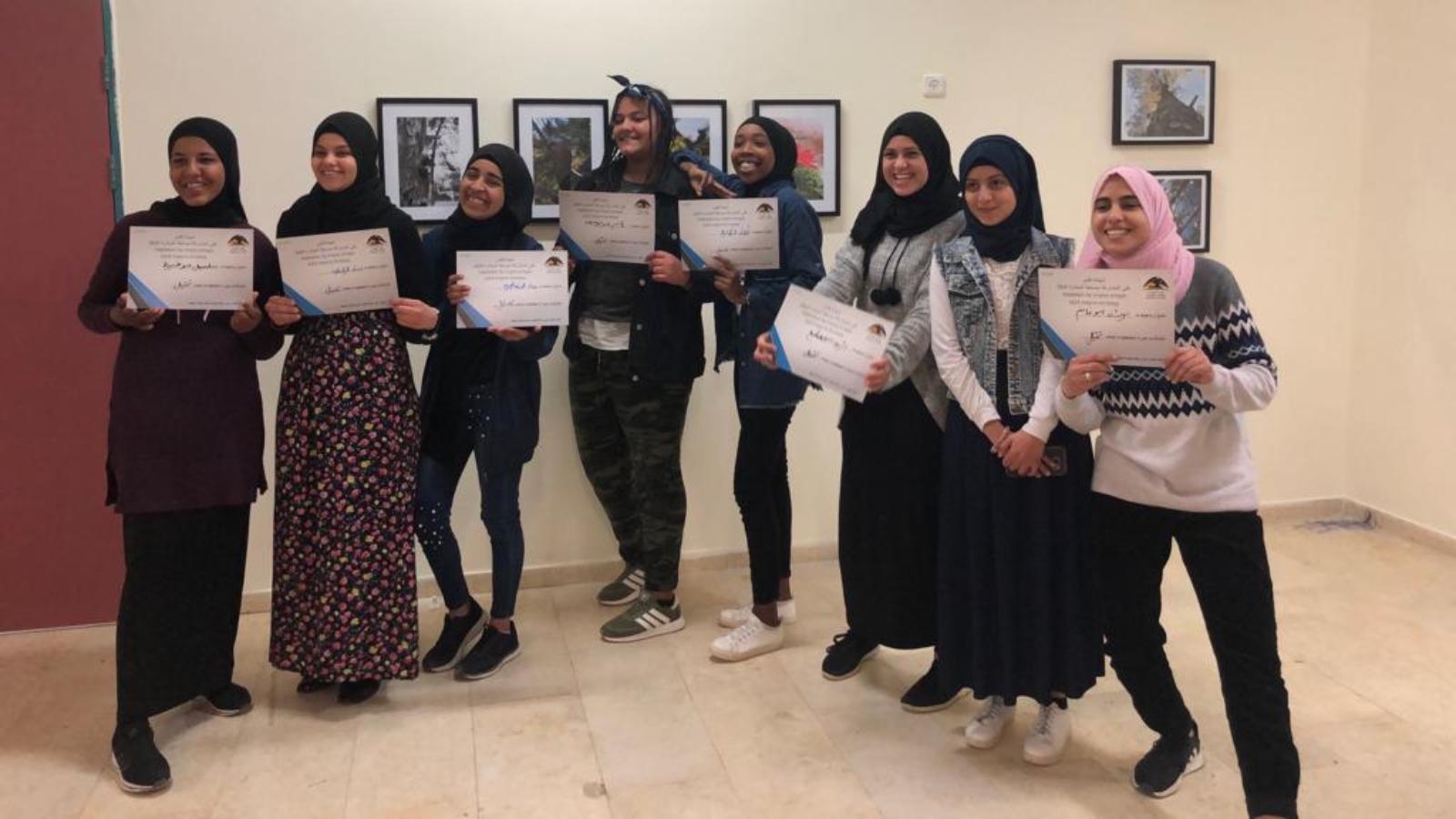
High school and leadership incubator
Now encompassing participants from 30 Bedouin villages, Desert Stars runs a Leadership High School for 210 students as part of the Branco Weiss educational network.
In the Desert Stars Rawafed Empowerment Center, the students enjoy extracurricular activities such as technology and entrepreneurial clubs, arts, sports, weekly volunteering and leadership and life-skills training.
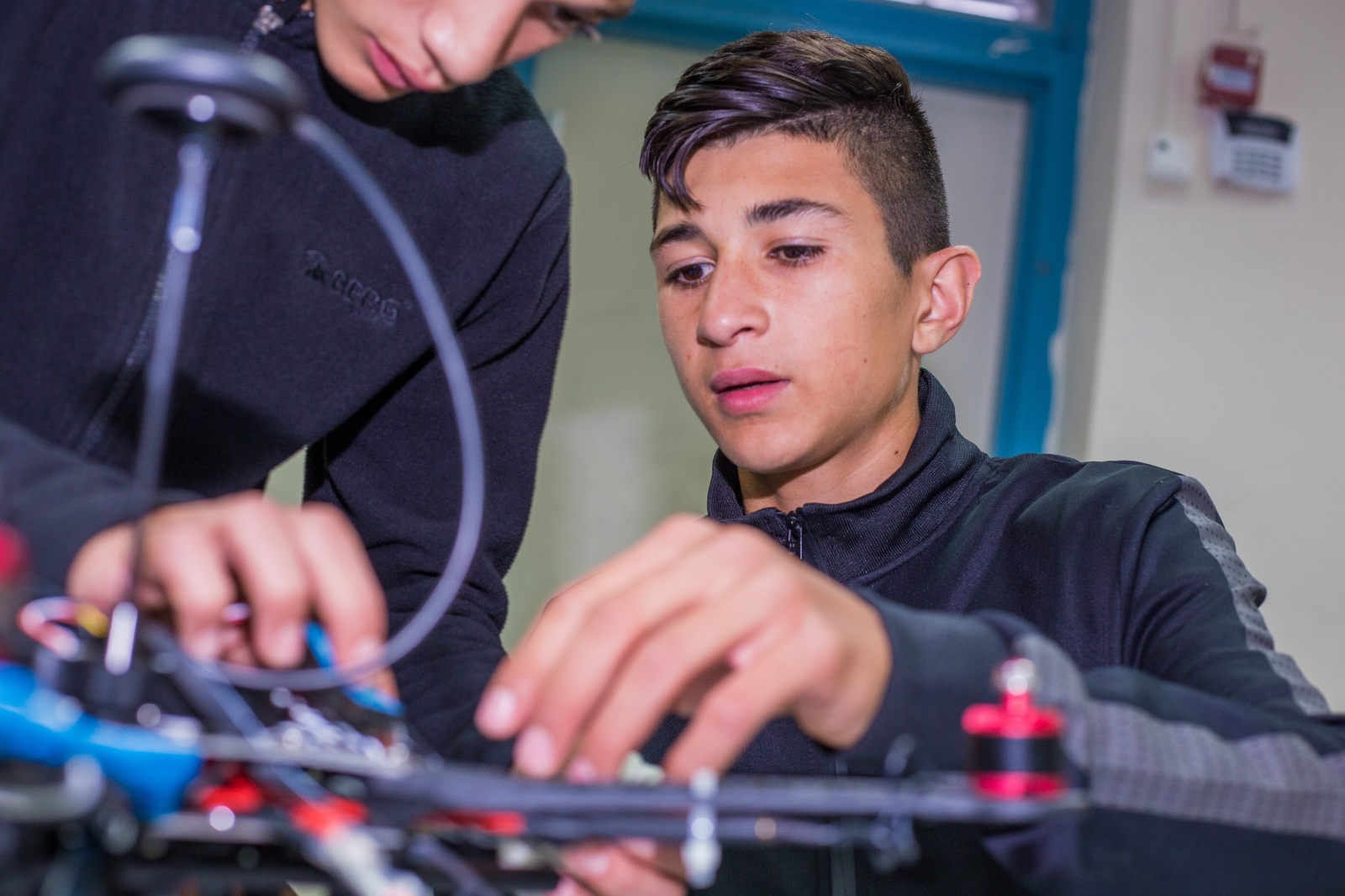
The Desert Stars Incubator for Leadership and Entrepreneurship works intensively with 18- to 19-year-olds with high leadership potential. Participants board during the second year of the two-year program. Currently, 45 boys and 20 girls are in the incubator.
In addition, the Desert Stars Network for ages 20-plus provides a foundation for about 100 graduates to put their newfound skills into action in their communities as they continue along a path of education and employment.
‘My community needed me’
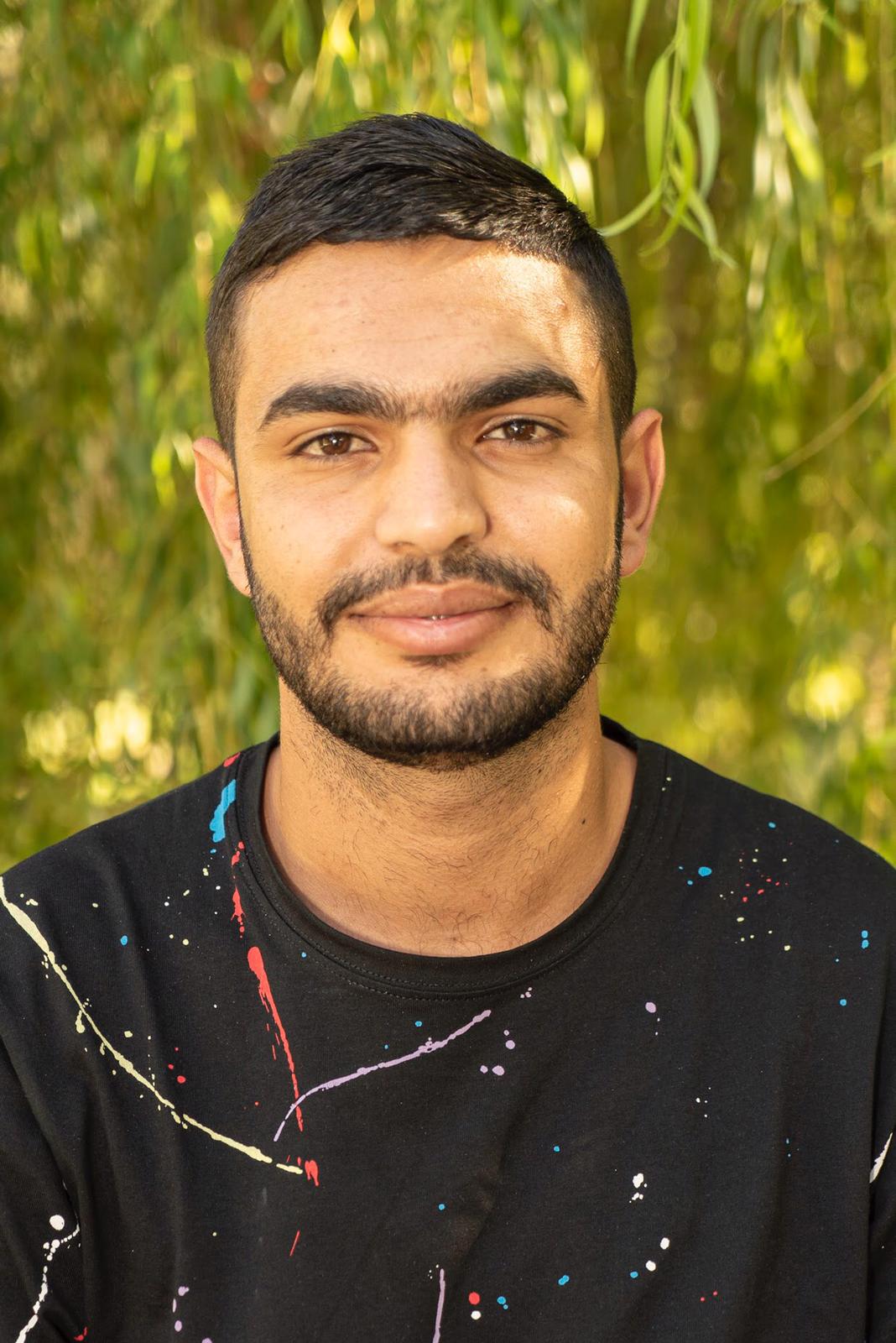
Qusay Alamour, 21, of the Bedouin village of Kuseife, learned about Desert Stars on Facebook when he was 15. (“All Israelis have smartphones even if they don’t have a PC, so Facebook is a strong recruitment means,” explains Yaffe.)
After convincing his parents that Desert Stars “would help me be a good student and a good person,” he joined the third cohort of the Desert Stars Incubator and continued as an instructor with the fourth cohort.
Alamour tells ISRAEL21c that the program “helped me to know myself better and what I want to do in my life. I knew that my community needed me and I wanted to be a leader for them and help them with the tools I got from Desert Stars.”
He is now starting a bachelor’s degree at Oranim College in informal education. He is the first Bedouin to be accepted to the college’s elite Civil Service Cadets (Tzoarim) Program.
“If I had not joined the incubator, I think I still would have gone to college. But I would not have given to my community and I wouldn’t have a network of friends who support everything I do,” says Alamour.
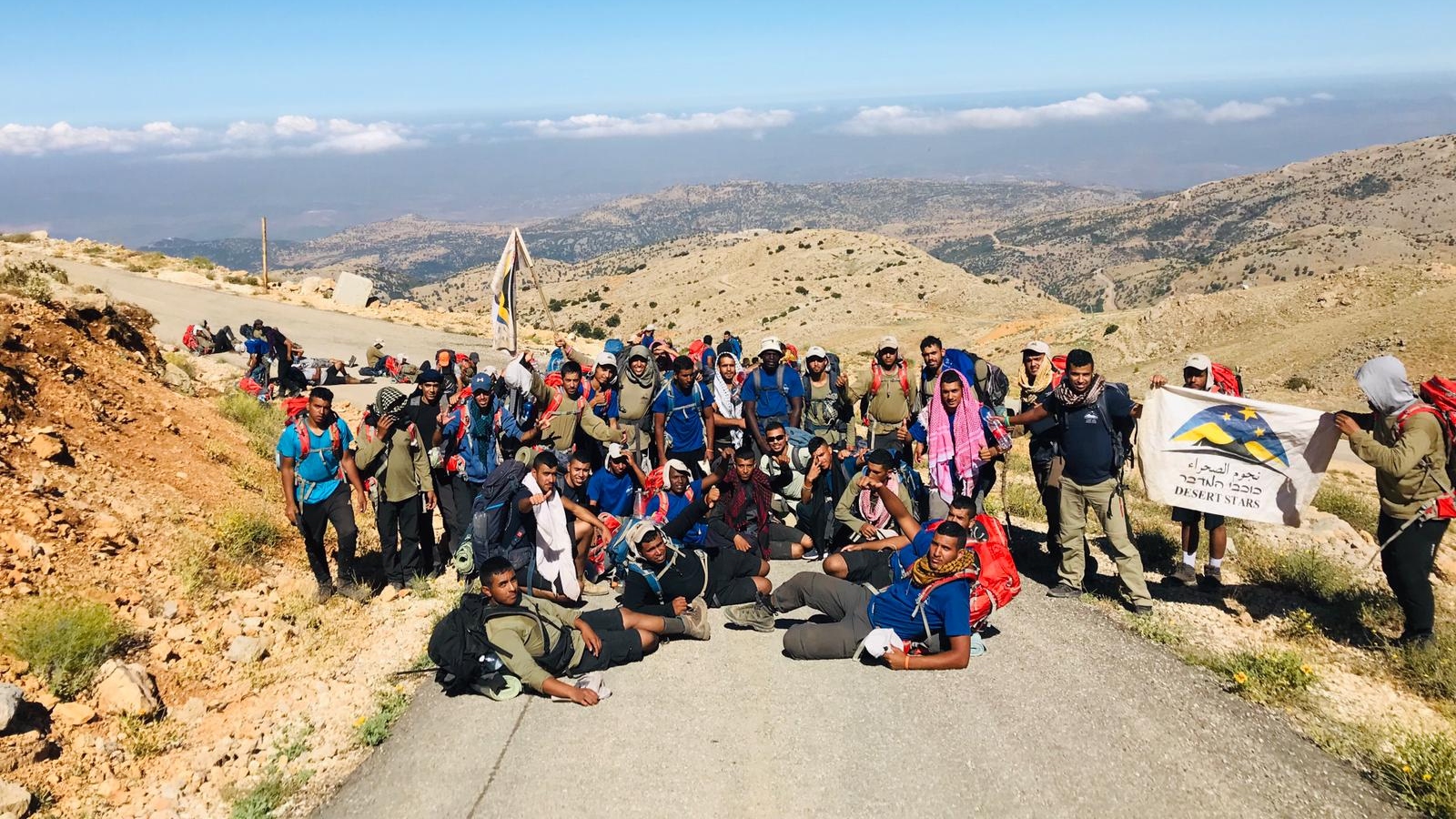
Ameer Abu Kaf, also 21, recalls that upon finishing high school in his village of Umm Betin, he was not sure if he wanted to continue his studies or get married.
Then someone told him about Desert Stars, although the information wasn’t accurate. “I heard it’s fun and they go hiking. So I joined.”
He soon discovered it wasn’t about hiking but about learning to be a leader.
“It changed my life,” Abu Kaf tells ISRAEL21c. “I am not the same person I was in high school. Today I have self-esteem and I think outside the box. I am an active volunteer in my community. In Umm Betin they are so proud of me because they are seeing results.”
Through one of the courses in the incubator, he was introduced for the first time to other populations, like Druze, religious Jewish and gay Israelis.
“I started to understand there are people who are different from me and I have to accept them. I am part of Israeli society and can’t ignore it.”
Abu Kaf — the first male in his family to go on to higher education — is studying linguistics and literature at Ben-Gurion University. “After the Desert Stars incubator, I wasn’t accepted at the university, so I went to Sapir College [in Sderot] and studied the whole year in Hebrew, which was so difficult, and after that I applied again.”
Whereas his father has two wives and 23 children, Abu Kaf speaks out against polygamy and tutors 10 local girls in English every Saturday. He says his parents are proud of him and his friends from high school are amazed.
Two American filmmakers are creating a documentary “about my life, my identity and my heritage,” Abu Kaf reports.
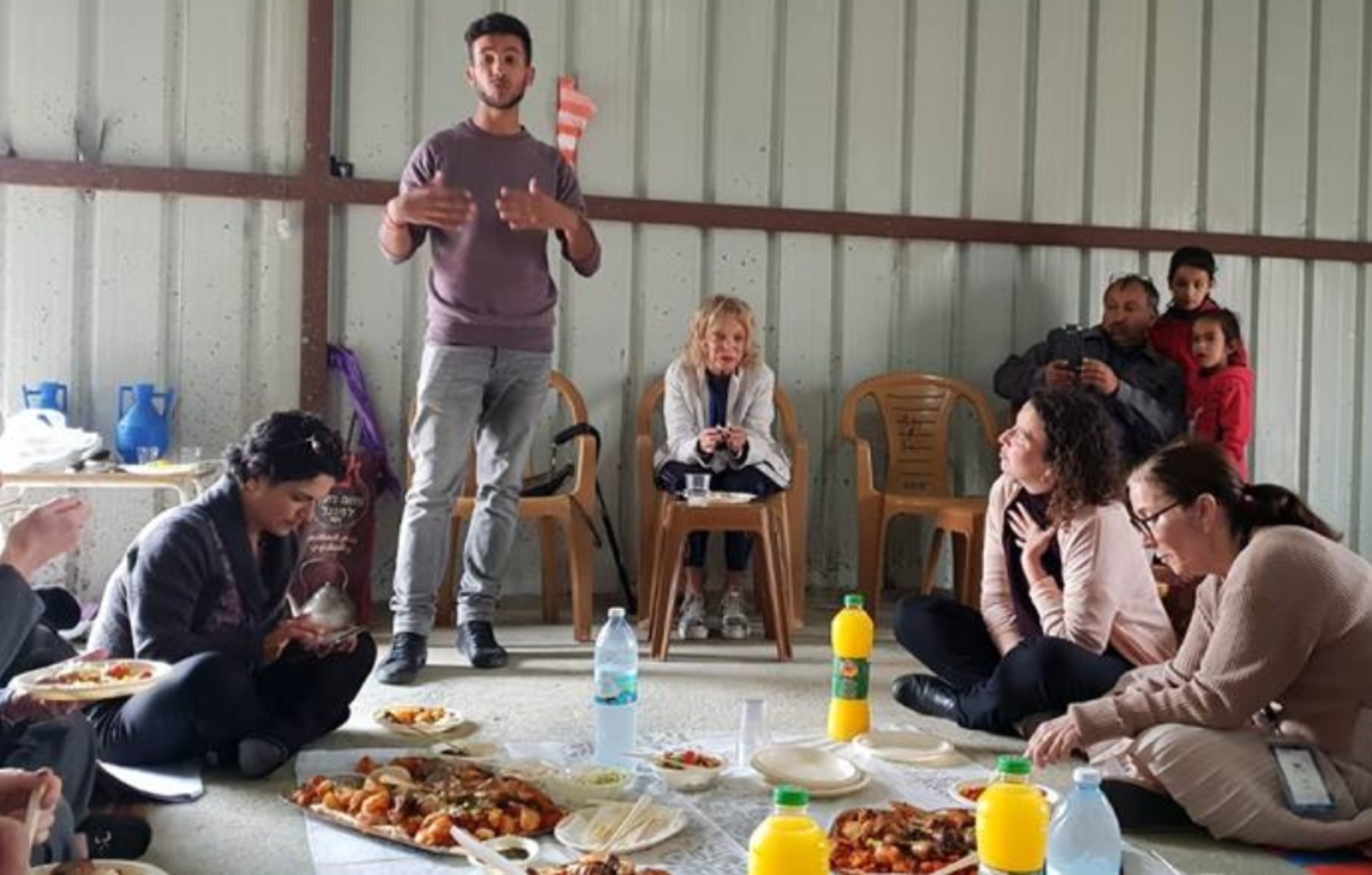
Yaffe says Bedouin parents are eager for their children to attain the stability, prestige and financial security that a good education can bring.
About 80% of the Desert Stars high school students earn a full matriculation diploma, above the national Israeli average. And 65% of Desert Stars graduates have gone on to higher education. The organization has won three national prizes.
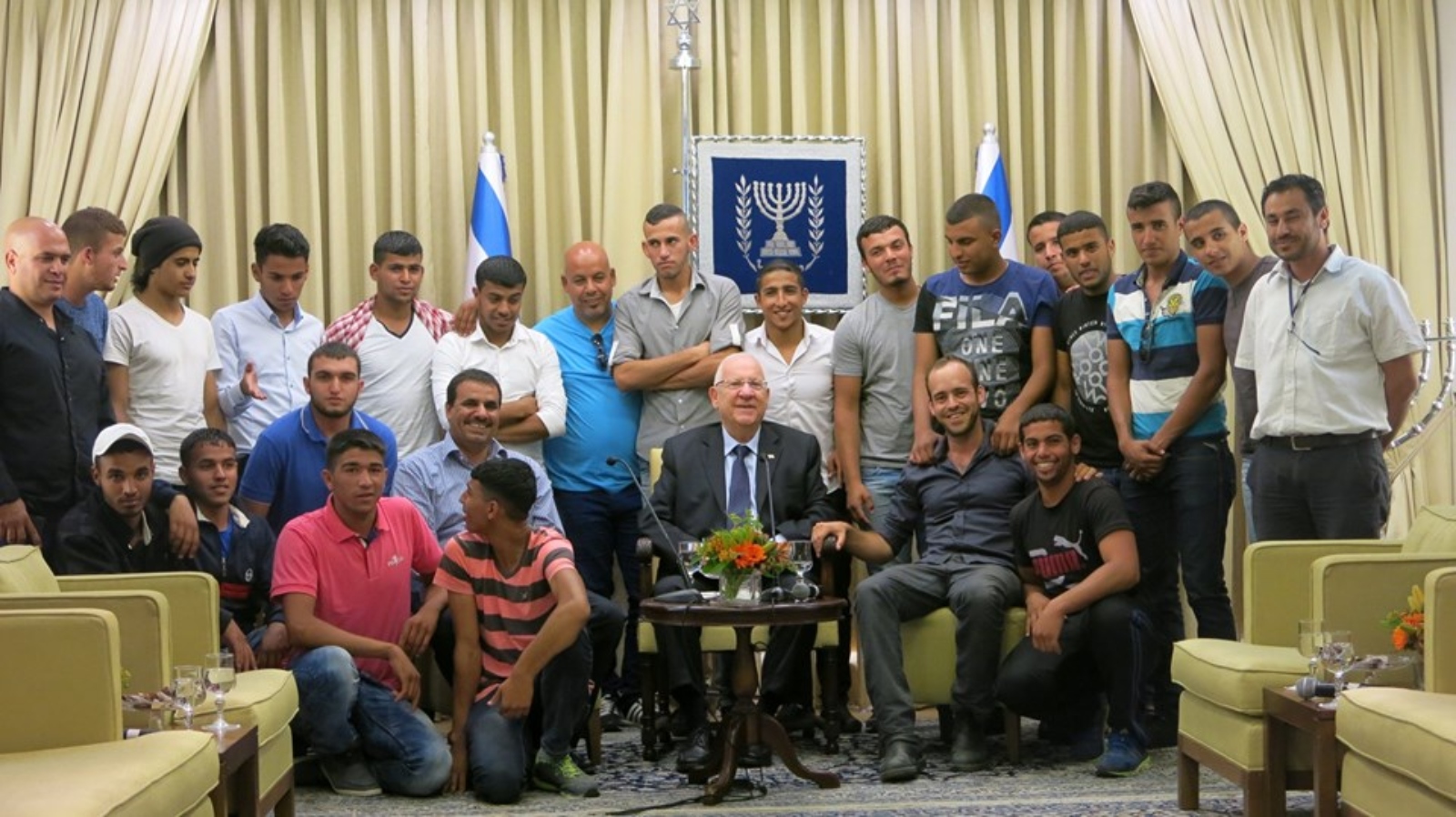
“Today our main challenge is financial,” says Yaffe.
A capital campaign seeks to raise $70 million to build the Desert Stars-Jusidman Campus for Bedouin Leadership to house all Desert Stars programs and enable them to scale up.
“We already have the land and architectural plans,” says Yaffe. “Once our campus is built, the state will fund about 70% percent of our annual budget.”
He remains convinced of his original goal. “By strengthening Bedouin society, I strengthen Israel,” Yaffe says.
For more information, click here or email matan@desertstars.org.il




